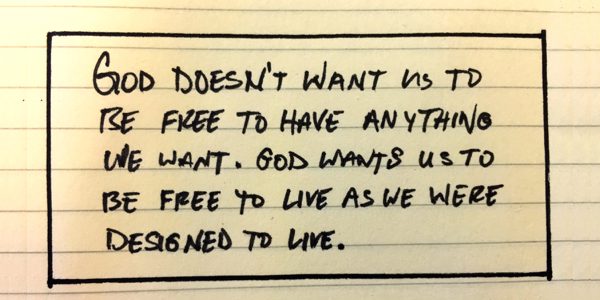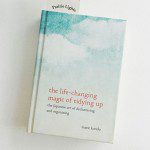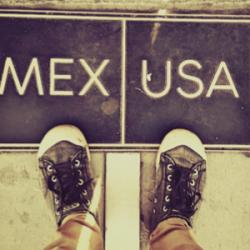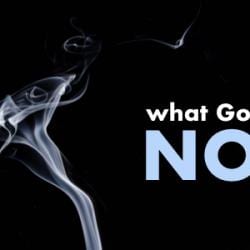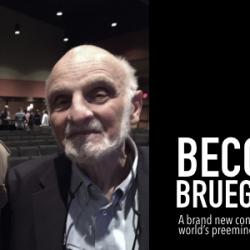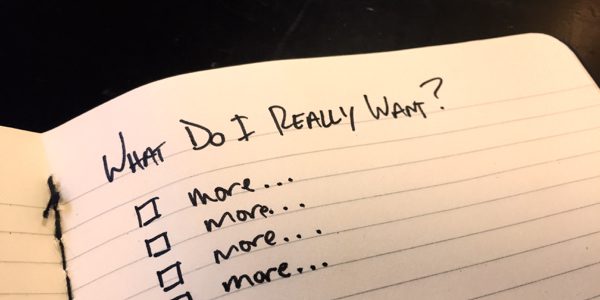 Freedom is a big deal in our culture—the founding virtue of American society—despite the fact that most of us have a naïve understanding of what we mean when we claim to be free. Freedom is typically defined as self-determination; no limits. We are free to do whatever we want to do, so long as we don’t impede other people’s ability to do whatever they want. The fewer the limits, the greater the freedom, right?
Freedom is a big deal in our culture—the founding virtue of American society—despite the fact that most of us have a naïve understanding of what we mean when we claim to be free. Freedom is typically defined as self-determination; no limits. We are free to do whatever we want to do, so long as we don’t impede other people’s ability to do whatever they want. The fewer the limits, the greater the freedom, right?
Wrong.
The problem with “freedom as no limits” is that it leads us to what some have called: the undisciplined pursuit of more[1]:
- more sex
- more possessions
- more food
- more power
- more friends
- more “likes”
- more money—especially more money.
In our culture we have incredible disdain for the virtue of limits. There seems to be no limit to:
- The amount of debt we will assume.
- The amount of violence we resort to.
- The amount of poverty we are okay with.
- The kinds of injustice & racism we put up with.
- The things we’ll put into, or demand of our bodies.
The problem with all of this is that there is no recognition of the power and virtue of limits. Healthy limits are absolutely essential to the health of the person. The simple fact is: God does not want us to be free to be anything we want to be, because we’ll just try to be gods.
What we need is not the undisciplined pursuit of more, but the disciplined pursuit of less.[2] Limits are not always something to be thrown off and left behind. For the most part, limits are the only things that keep us healthy.
The Christian might say it like this: God does not want you to be free to do and be anything you want. God wants you to be free to be human as human was meant to be. Some limits can be pushed or broken (e.g., disease, hunger, racism, poverty, racism, and so on). Some limits are there to keep us healthy.
Healthy limits have always been part of the Christian story. You can eat from all the trees of the garden, except this one tree. You can work as hard as you like for six days a week, but one day a week you have to rest. You can earn a ton of money, but you can’t spend all of it: 10% goes back to God. And you can’t spend the rest of it only on yourself: keep a margin from which to save, and to be generous. The very concept of fidelity (or covenant), depends upon the willingness to self-limit. (e.g., marriage is the self-limitation to one partner; covenant with God is the self-limitation to one God.)
When we choose a life without limits, we are choosing a kind of slavery in which we will live in bondage to our appetites, desires, and whims. We make ourselves monumentally susceptible to advertising and marketing, and we are more likely to take more than we give back in our relationships: to God, to each other, to ourselves, and to the earth.
One of my favorite novels is Jayber Crow, by Wendell Berry. (It’s the primary metaphor in the introduction of my book, Shrink). One of the subplots involves the contrasting philosophy of life & farming represented by the old-timer, Athey Keith, and the ambitious and young Troy Chatham. Troy wants to go forth and conquer, breaking through limits and imposing his own will upon nature. He thinks the removal if limits comprises the path to freedom. But as the story unfolds, his life takes on the form and shape of a slave. Six days of work isn’t enough, so he works all seven. He becomes separated from his wife and kids. The bank starts to dictate the terms of his livelihood… by the end of the story he is a slave.
Human freedom comes not from the removal of limits, but from respecting healthy limits. In particular freedom comes as we respect the rhythms and structures of nature, and the seasons and traditions of the church.
God doesn’t want us to be free to have anything we want, God wants us to be free to live as we were designed to live. That doesn’t come from the undisciplined pursuit of more, that comes from the disciplined pursuit of less.
One of the most important aspects of our lives as Christians is to learn to respect the rhythms & structures & healthy limits that are woven into the fabric of our world.
*If you want to learn more about these ideas, please consider picking up the book, Shrink: Faithful Ministry in a Church Growth Culture, and consider what this might mean to embrace healthy limits, structures and rhythms as you lead your family, business, or church.
[1] I got this idea from my friend Tim Keel who pointed me to Michael Hyatt, who pointed me to Craig McKeown, who was riffing on Jim Collins… thanks, fellas.
[2] Again, tip of the hat to the above sources.


